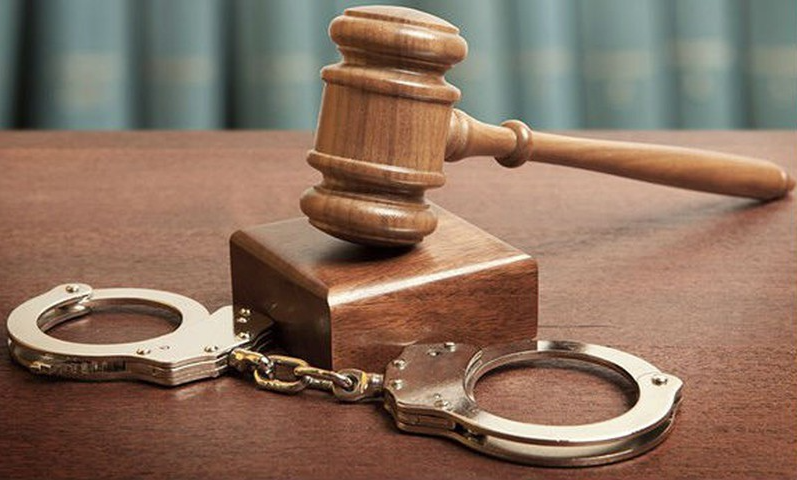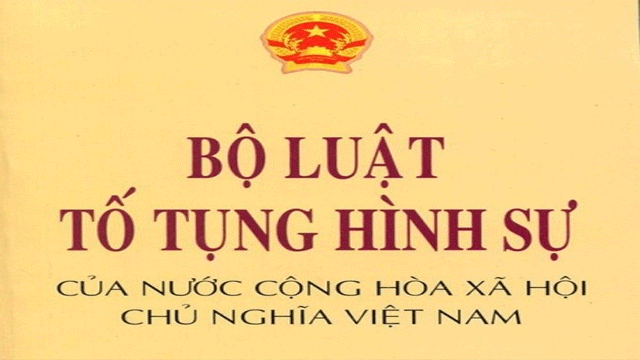What is confession, surrender? Is confession exempt from criminal responsibility in Vietnam? - Kim Minh (Long An, Vietnam)

What is confession, surrender? Is confession exempt from criminal responsibility in Vietnam? (Internet image)
1. What is confession, surrender?
According to Point h and Point i, Clause 1, Article 4 of the Criminal Procedure Code 2015, the provisions on self-confessions and surrender are as follows:
- Confession means that a perpetrator voluntarily gives statements on his offences to authorities prior to the happening of such offences or after the exposure of the perpetrator.
- Surrender refers to a perpetrator, after exposed, voluntarily turning himself in and giving statements on his offences to competent authorities.
2. Offenders confessing or surrendering in Vietnam
Offenders confessing or surrendering under Article 152 of the Criminal Procedure Code 2015 as follows:
- The authorities taking in an offender confessing or surrendering must execute written records of his full name, age, occupation, residential address and statements. The authorities taking in offenders confessing or surrendering shall be responsible for informing investigation authorities or procuracies of such matter in prompt manner.
- Investigation authorities taking in ultra vires offenders confessing or surrendering shall inform competent investigation authorities that handle such offenders.
- Competent investigation authorities, in 24 hours upon their acceptance of offenders confessing or surrendering, must inform the equivalent Procuracy in writing.
3. Is confession exempt from criminal responsibility in Vietnam?
According to Article 29 of the Penal Code 2015 (2017), the basis for exemption from criminal responsibility are as follows:
- A criminal offender shall be exempt from criminal responsibility on one of the following bases:
+ A policy or law is changed during the process of investigation, prosecution or trial and accordingly, the offender's act is no longer dangerous to society;
+ A general amnesty is granted.
- A criminal offender might be exempt from criminal responsibility on one of the following bases:
+ The situation is changed during the process of investigation, prosecution or trial and accordingly, the offender is no longer dangerous to society;
+ The offender has a fatal disease during the process of investigation, prosecution or trial and no longer poses a threat to society;
+ The offender confesses his/her crime, contributes to the crime discovery and investigation; minimizes the damage inflicted by his/her crime, have made reparation or special contributions that are recognized by the State and society.
- The person who commits a less serious crime or involuntarily commits a serious crime and causes damage to life, health, honor or property of others will be exempt from criminal responsibility if the aggrieved person or his/he representative voluntarily seeks reconciliation and requests exemption from criminal responsibility
Thus, before the criminal act is discovered, the offender confesses, clears the facts, effectively contributes to the detection and investigation of the crime, and tries to minimize the consequences of the crime. Committing crimes and making great merits or making special contributions, which are recognized by the State and society, they shall be considered for exemption from penal liability.
Quoc Dat
- Key word:
- confession, surrender in Vietnam
 Article table of contents
Article table of contents





.Medium.png)
.Medium.png)
.Medium.png)
.Medium.png)
